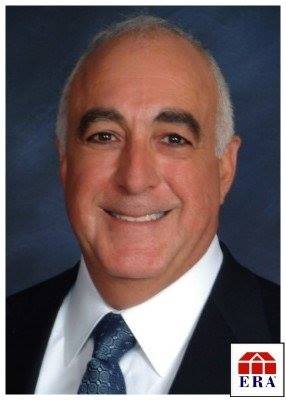Email: [email protected]

Crabgrass is a type of lawn weed common enough to earn its own type of lawn care products known as crabgrass preventers. This tricky plant frequently slips underneath lawn mowers and spreads its seeds liberally to take over your yard. Therefore, the best way to remove and prevent crabgrass is by using one of a variety of herbicidal crabgrass preventers.
Here is a short guide to the most common types of crabgrass preventers and how they work:
For large lawns, liquid preventers are an efficient way to prevent and kill crabgrass. It’s also helpful for applying to lawn edges and cracks in sidewalks, patios and driveways.
Granular formulas are a better choice for smaller lawns. However, they can take longer to work than liquid versions due to a slower absorption rate.
Some organic options for killing crabgrass include corn gluten and vinegar. While these methods take much longer than synthetic products, you won’t have to worry about the effects of harsh chemicals on your yard. If you don’t mind synthetic herbicides, there are plenty of options available from your local garden center or lawn care professionals.
Selective herbicide is a product containing chemicals that target specific weeds rather than affecting everything they touch. There are selective herbicides available for tackling many lawn weeds, so make sure you choose a formula specifically meant for treating crabgrass.
Non-selective herbicides, however, do not discriminate from one plant to another. This means they can kill multiple types of weeds plaguing your lawn, but they might also harm the grass. The key to using non-selective herbicides is to apply them exactly as directed to get rid of crabgrass but avoid unwanted damage.
No matter your chosen method of crabgrass control, timing is everything. The best time to apply a preventative crabgrass treatment is early spring, right as the crabgrass seeds start to germinate.
However, if you have existing crabgrass, use a post-emergent crabgrass killer. These products are specially formulated to manage grassy weeds that are already fully grown.
Crabgrass can be frustrating for homeowners with lawns, but it’s not impossible to beat. The more you know about your preventative options, the better equipped you’ll be to protect and treat your lawn.

Dating back to the 1970s when his father put him in charge of the family real estate business, Jeffrey Germagian has built a longstanding portfolio of real estate transactions and developments. Along the way, he has grown the family’s original company, then known as Baystate Realty, to the elite status it represents today as ERA Key Realty Services.
Although we’ve expanded our real estate offerings and our branding has evolved to represent all of the real estate services that we provide, ERA Key Realty, The Baystate Group still holds true to the honest business practices and principles that Jeffrey’s father set out with decades ago.
Jeffrey manages the Baystate Group which specializes in traditional home resales, land development, and 55 communities.
He lives in Hopedale, MA, and serves the local towns in the area including most suburbs of Boston as well as southwest of Boston. He is a Certified Residential Specialist and is fully licensed as a real estate agent to practice throughout the entire state of Massachusetts.